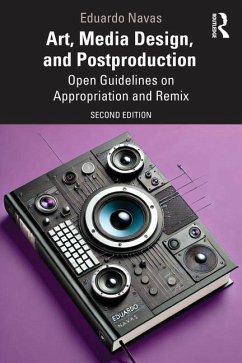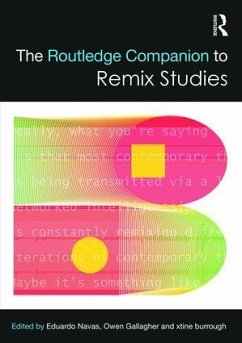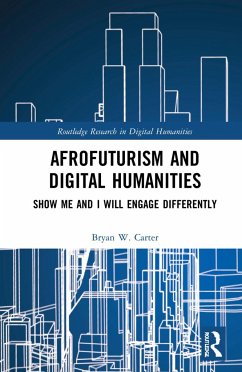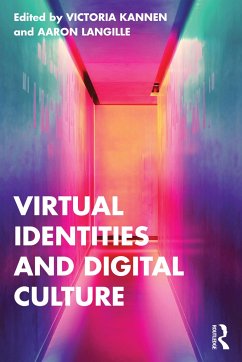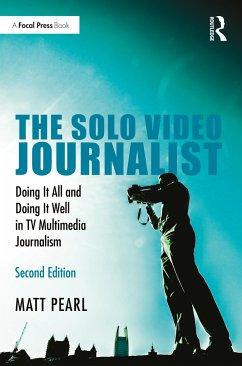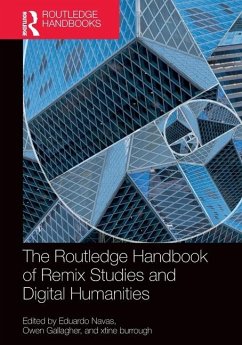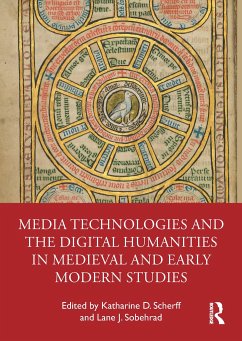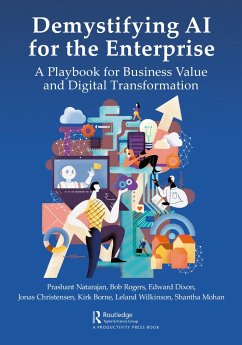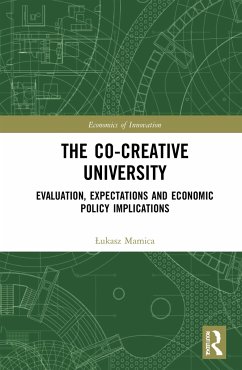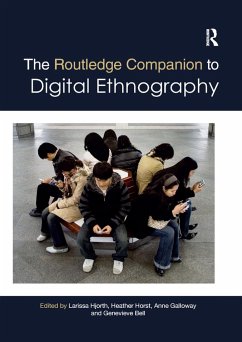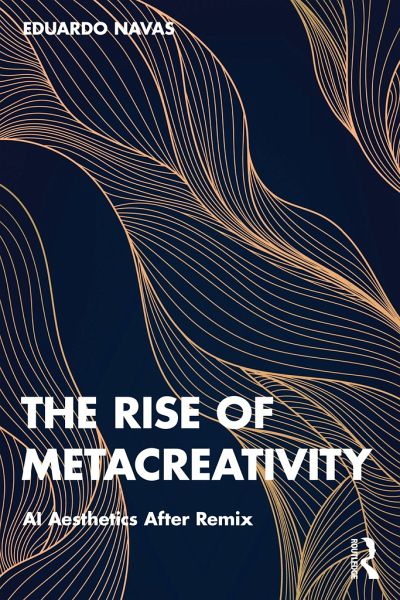
The Rise of Metacreativity
AI Aesthetics After Remix
Versandkostenfrei!
Versandfertig in 6-10 Tagen
40,99 €
inkl. MwSt.
Weitere Ausgaben:

PAYBACK Punkte
20 °P sammeln!
This book brings together history and theory in art and media to examine the effects of artificial intelligence and machine learning in culture, and reflects on the implications of delegating parts of the creative process to AI.In order to understand the complexity of authorship and originality in relation to creativity in contemporary times, Navas combines historical and theoretical premises from different areas of research in the arts, humanities, and social sciences to provide a rich historical and theoretical context that critically reflects on and questions the implications of artificial ...
This book brings together history and theory in art and media to examine the effects of artificial intelligence and machine learning in culture, and reflects on the implications of delegating parts of the creative process to AI.
In order to understand the complexity of authorship and originality in relation to creativity in contemporary times, Navas combines historical and theoretical premises from different areas of research in the arts, humanities, and social sciences to provide a rich historical and theoretical context that critically reflects on and questions the implications of artificial intelligence and machine learning as an integral part of creative production. As part of this, the book considers how much of postproduction and remix aesthetics in art and media preceded the current rise of metacreativity in relation to artificial intelligence and machine learning, and explores contemporary questions on aesthetics. The book also provides a thorough evaluation ofthe creative application of systematic approaches to art and media production, and how this in effect percolates across disciplines including art, design, communication, as well as other fields in the humanities and social sciences.
An essential read for students and scholars interested in understanding the increasing role of AI and machine learning in contemporary art and media, and their wider role in creative production across culture and society.
In order to understand the complexity of authorship and originality in relation to creativity in contemporary times, Navas combines historical and theoretical premises from different areas of research in the arts, humanities, and social sciences to provide a rich historical and theoretical context that critically reflects on and questions the implications of artificial intelligence and machine learning as an integral part of creative production. As part of this, the book considers how much of postproduction and remix aesthetics in art and media preceded the current rise of metacreativity in relation to artificial intelligence and machine learning, and explores contemporary questions on aesthetics. The book also provides a thorough evaluation ofthe creative application of systematic approaches to art and media production, and how this in effect percolates across disciplines including art, design, communication, as well as other fields in the humanities and social sciences.
An essential read for students and scholars interested in understanding the increasing role of AI and machine learning in contemporary art and media, and their wider role in creative production across culture and society.





